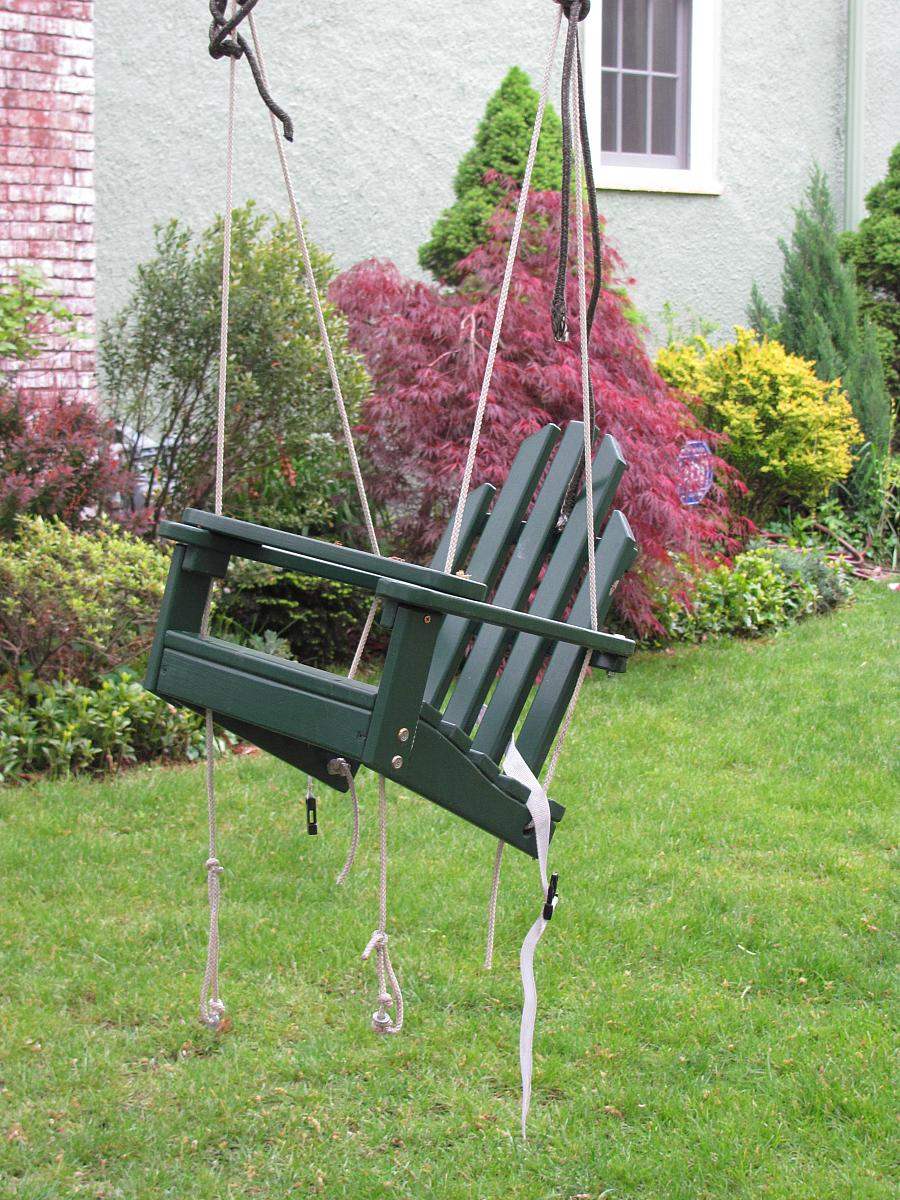Shaken Baby Syndrome Debate: Chasm Yawns Wide

Shaken Baby Syndrome Debate: Chasm Yawns Wide
A touching feature story out of New Zealand highlights the lack of communication between the two sides in the shaken baby debate.
Sunday Star-Times reporter Tony Wall writes about a stay-at-home father who was found innocent at trial of a shaking assault on his 4-month-old daughter, the younger of his two children: The defendant was toasted by incredulous jury members after the verdict at a nearby pub. Quoted in the article with the pseudonym "David," the father describes his treatment by the staff at Starship Children's Health as "bloody awful." He is pushing for a review of how the Te Puaruruhau child-protection unit handles cases like his.
Last week's coverage follows up on a 2010 Star-Times investigation, which "revealed concerns that the unit was acting like a police station, treating parents as guilty until proven innocent and mis-diagnosing accidental head injuries as assault."
The child-protection staff stands by its diagnosis, Wall reports:
Patrick Kelly, Te Puaruruhau's clinical director, believes his staff got it right and rejects the need for a review.
"We remain of the view that the diagnosis of non-accidental head injury was the correct diagnosis," he said. He said the case was independently peer reviewed by Ken Feldman of the paediatrics department at the University of Washington, who gave evidence for the prosecution.
Kelly said only 56 per cent of cases where non-accidental head injuries in children were diagnosed led to criminal trials, and of those only 66 per cent ended in a conviction, illustrating the high standard of proof required in such cases.
"Given these statistics, the [not guilty] outcome in this case is not unexpected and does not require a review of clinical practice at Starship."
The not-guilty verdict seems not to have swayed social services, either. "David's battle is not over," Wall notes, "He now has to convince Child, Youth and Family to let him have access to his two kids, including the girl, who has fully recovered. He has the support of his partner, the mother of the children."
The Sunday Mercury in Britain, meanwhile, has revisited the Alan Cherry case, which was identified as problematical in a 2005 review of child-death convictions in England. The court declined to reverse the judgment at that time, or again in 2007, but Cherry is asking for another review. In a feature story earlier this month, reporter Adam Aspinal writes :
Now a growing number of people, backed by changing scientific opinion on so called ‘shaken baby syndrome', have begun to doubt [Cherry's] conviction.
They include Home Office pathologist Prof. Helen Whitwell.
In a 2007 report for the CCRC, she said she was no longer certain that Sarah's injuries – brain swelling, bleeding in the tissue between the brain and the skull, and bleeding behind the eyes – proved that she was shaken violently.
She concluded that the injuries were more likely to have been brought about due to a previous injury.
‘Shaken baby syndrome' remains the subject of fierce debate in medical circles and the courts.
Another high-profile child-death case has resurfaced in Texas, where a judge has recommended overturning the 1995 murder conviction and death sentence of Cathy Lynn Henderson. Ms. Henderson claimed the infant she was watching slipped from her arms and fell about 4 feet onto a concrete floor. She panicked, buried the infant, and fled to another state, where she was arrested 11 days later-the search, arrest, and trial received prominent news coverage. Prosecution doctors testified that an accident would not account for the child's injuries, which much have been inflicted.
Ms. Henderson came within days of execution in 2007, but a state appeals court voted 5 – 3 to stop the proceedings, based on the growing debate surrounding infant head-injury and the consequent recantation by a premier prosecution witness. Former medical examiner Dr. Roberto Bayardo had testified in 1995 that the child would have had to fall from "higher than a two-story building" to receive the head injury that killed him. In 2007, however, according to a recent story in the Statesman by Chuck Lindell, Bayardo submitted an affidavit and testified that "recent advancements in the understanding of pediatric head injuries indicates that relatively short falls onto a hard surface could produce similar injuries to those he found on Brandon during a 1994 autopsy."
The StandDown Texas Project offers historical coverage of the case beginning at this link.
Finally, a court in Florida has convicted a mother of murder in the death of her toddler, as reported by Vishal Persuad at the Ocala Star-Banner.
If you're not familiar with the debate surrounding shaken baby syndrome, please see the author's blog at http://onsbs.com/

